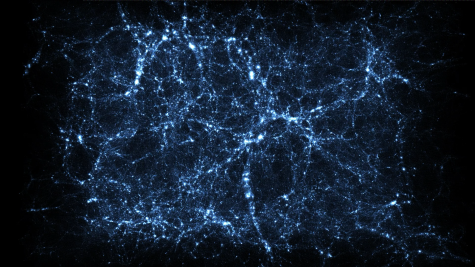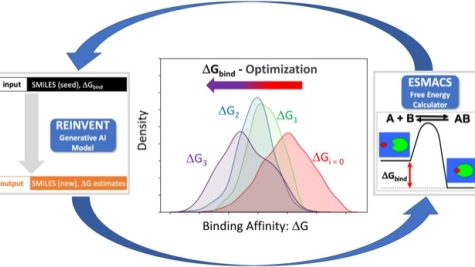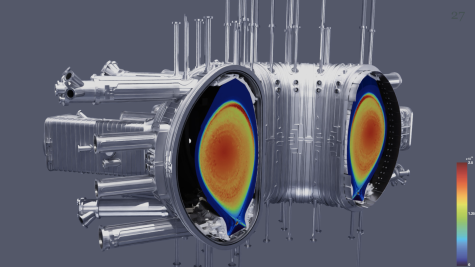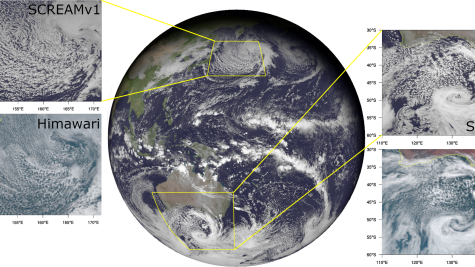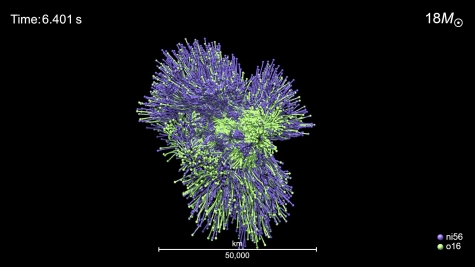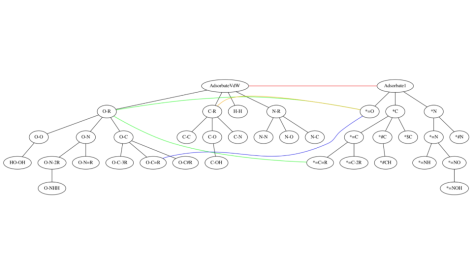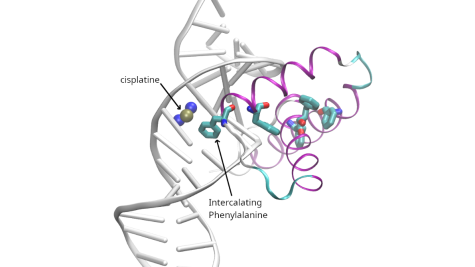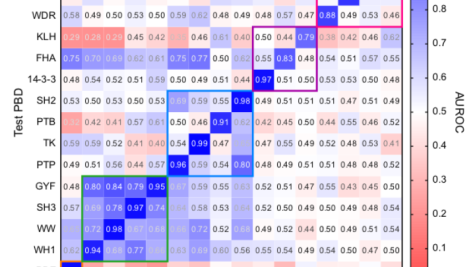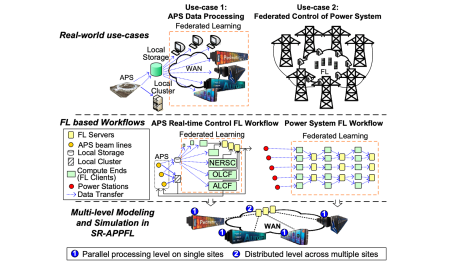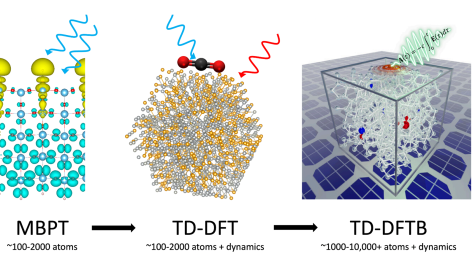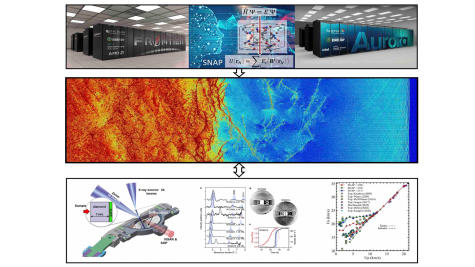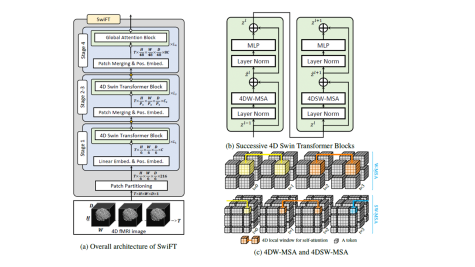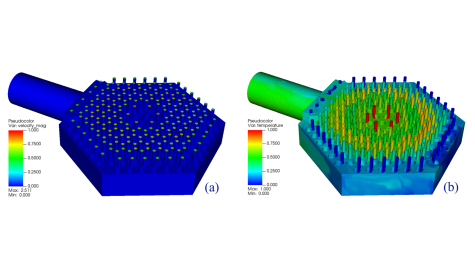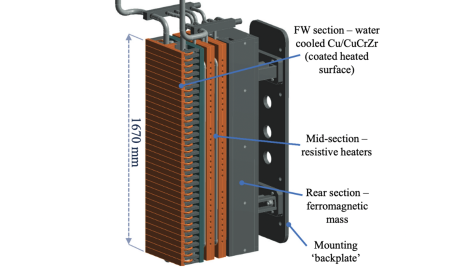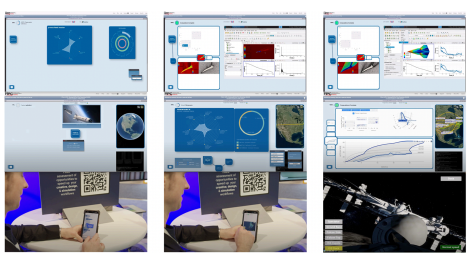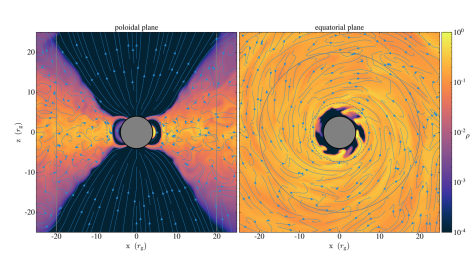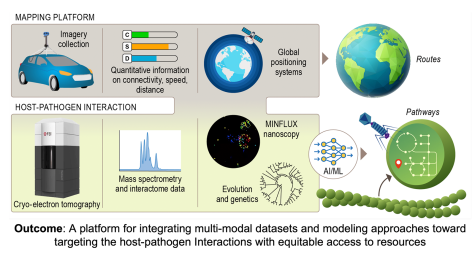ALCF projects cover many scientific disciplines, ranging from biology and physics to materials science and energy technologies. Filter ongoing and past projects by allocation program, scientific domain, and year.
Exploring Exascale Quantum Chemical Methods for Transition Metal Chemistry
This team is using exascale-ready open-source software to exploit advanced, high-level quantum chemical methods to study transition metal systems with non-trivial electronic structure features, then use the data generated to train a machine-learning model that circumvents known limitations of the methods.
Scalable and Resilient Modeling for Federated Learning Systems and Applications
This project will pioneer advancements in federated learning by fostering more effective simulation and modeling techniques, addressing the critical challenges of scalability and resilience in distributed federated learning systems and the associated scientific workflows.
Predicting Heterogeneous Photocatalysts Using Large-Scale Ab Initio Calculations
The research in this project will combine massively parallel computer simulations at the Frontier and Aurora supercomputers with modern, quantummechanical theories to understand photocatalysts with unprecedented accuracy and generate new design principles.
High-Energy Density Physics of Novel Inertial Fusion Energy Ablator Materials
The transformative science impact of this team's work is in harnessing the unprecedented power of extreme-scale quantum-accurate MD simulations on exascale Frontier and Aurora to predict novel physical phenomena and guide experiments towards observing them
Foundation Neuroscience AI Model-NeuroX
With its successful deployment, this team's foundation model in neuroscience is anticipated to be revolutionary in various scientific disciplines, including neuroscience, medicine, and psychology
High-Fidelity CFD Enabling Advanced Nuclear Power
Using state-of-the-art computational tools developed by the Exascale Computing Project and the Nuclear Energy Advanced Modeling and Simulation Program on leadership-class computing facilities, this team sets out to use Computational Fluid Dynamics (CFD) to accurately predict turbulent fluid flow and heat transfer phenomena in a wide range of nuclear power applications.
Exascale Computing for Energy Applications
The goal of this project is to advance the DOE’s simulation capabilities in important carbon-free energy sectors, including nuclear, fusion, and wind.
Autonomy for DOE Simulations
The successful outcome of this research will achieve new scientific outcomes that demonstrate the latest potential for HPC, simulation, and AI to hyper-enable engineers to solve humanity's largest challenges, and the business implications of our success in this effort are represented by the $30 trillion opportunity described above.
Simulating Large-Scale Long-Lived Neutron Star Remnants from Binary Neutron Star Mergers
This research aims to address this long-standing issue through first-principles simulations, focusing on the prospects of long-lived hypermassive neutron stars (HMNSs) as potential engines for short GRBs (sGRBs).
Building Digital Twin of a Model Host-Pathogen System for Enhancing Biopreparedness
The impact of the project will help to develop, implement, and test a platform to assess host-pathogen molecular interactions, adaptation to hosts and host shifts, and coevolution between hosts and pathogens.


